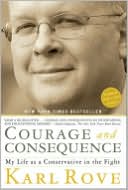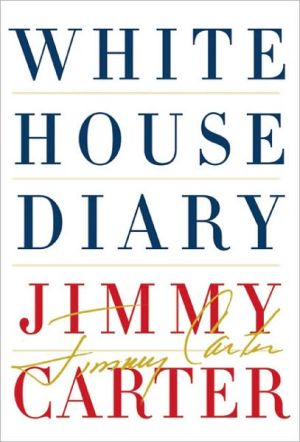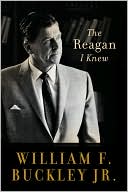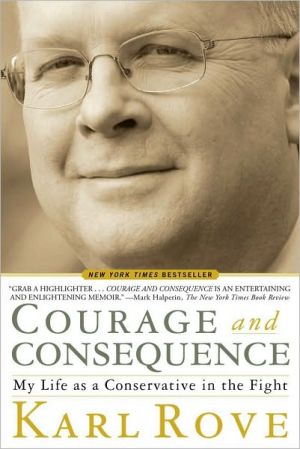The Sixties: Big Ideas, Small Books
A brilliant, alternative take on sixties swinging London, Jenny Diski offers radical reconsiderations of the social, political, and personal meaning of that turbulent era.\ What was Jenny Diski doing in the sixties? A lot: dropping out, taking drugs, buying clothes, having sex, demonstrating, and spending time in mental hospitals. Now, as Diski herself turns sixty years old, she examines what has been lost in the purple haze of nostalgia and selective memory of that era, what endures, and...
Search in google:
A brilliant, alternative take on sixties swinging London, Jenny Diski offers radical reconsiderations of the social, political, and personal meaning of that turbulent era.What was Jenny Diski doing in the sixties? A lot: dropping out, taking drugs, buying clothes, having sex, demonstrating, and spending time in mental hospitals. Now, as Diski herself turns sixty years old, she examines what has been lost in the purple haze of nostalgia and selective memory of that era, what endures, and what has always been the same. From the vantage point of London, she takes stock of the Sexual Revolution, the fashion, the drug culture, and the psychiatric movements and education systems of the day. What she discovers is that the ideas of the sixties often paved the way for their antithesis, and that by confusing liberation and libertarianism, a new kind of radicalism would take over both in the UK and America. Witty, provocative, and gorgeously written, Jenny Diski promises to feed your head with new insights about everything that was, and is, the sixties. The New York Times - Elsa Dixler Here [Diski] recalls (sometimes hilariously) her experience of the '60s, but her emphasis is on the culture's ideas—about drugs, sex, education, mental illness and, to a lesser extent, politics. Very little of what she says is new, but she says it with intelligence, wit, an eye for detail and an extraordinary ability to laugh at her young self while respecting that self's hopes and efforts. She is completely unsentimental; no stardust for her…[Diski] leaves you with plenty to think about, and wanting more.
Introduction 11 Consuming the Sixties 112 Altering Realities 313 Body Work 494 Remaking the World 675 Projecting the Future 936 Changing Our Minds 115Notes 135Index 139
\ Elsa DixlerHere [Diski] recalls (sometimes hilariously) her experience of the '60s, but her emphasis is on the culture's ideas—about drugs, sex, education, mental illness and, to a lesser extent, politics. Very little of what she says is new, but she says it with intelligence, wit, an eye for detail and an extraordinary ability to laugh at her young self while respecting that self's hopes and efforts. She is completely unsentimental; no stardust for her…[Diski] leaves you with plenty to think about, and wanting more.\ —The New York Times\ \ \ \ \ Publishers WeeklyStarred Review. \ Like many other members of her generation, journalist and author Diski (On Trying to Keep Still) was drifting during the 1960s: she took drugs, had sex, and spent time in mental institutions in her attempts to subvert the Establishment. Cutting through the patina of nobility, nostalgia and idealism by which most of her fellows remember the time, Diski describes a counterculture ruled by intense self-absorption, a misguided, idealist attempt at radical reform that led directly to the corruption of the '80s. Diski brings as much objectivity to bear as she can, and her British perspective keeps her a few paces removed from the conflicts over civil rights and Vietnam. Her writing is pointed, holding many (herself included) to rigorous scrutiny, a cultural deconstruction that pushes back against the generally accepted, media-friendly, and very American image of the free-love '60s. Even readers familiar with the history will find her insights absorbing and eyebrow-raising. Though her conclusion falls short of condemnation-their motives were too pure for that-Diski makes succinct, clever and meaningful arguments exposing a self-mythologizing generation and its ultimate failures of both fore- and hindsight.\ Copyright © Reed Business Information, a division of Reed Elsevier Inc. All rights reserved.\ \ \ \ Library JournalHere are two useful and very different books offering insights on the storied decade of the 1960s. Agger (sociology, Univ. of Texas, Arlington) grew up in Eugene, OR , in the 1960s with a father who was a mentor to local civil rights activists. The family moved to Canada in 1969 for 12 years. Agger's personal story serves mainly to introduce and link themes; since 2004, he has interviewed 14 leaders from the era (both famous names like Tom Hayden and Mark Rudd and local leaders) and spreads their views richly throughout the book. Agger aims to "teach the Sixties" to the current generation—the children of the children of the Sixties—with an emphasis on politics rather than culture and counterculture, though sociocultural aspects seep into many of the interviews. A narrative time line provides a valuable overview of people and events. "Who won the Sixties?" is an underlying theme, and Agger and his interviewees argue whether the ultimate legacy of the Sixties was in fact the disappearance of the Left and a victory for conservatism. They also discuss the role of women in the patriarchal political movements of the time. Ultimately, this is an invigorating and hopeful book.\ \ \ \ \ Kirkus ReviewsA slender meditation on the 1960s-part of Picador's Big Ideas/Small Books series. British novelist/memoirist Diski remembers the '60s very well. If her British experiences do not always line up with those of Americans, there are abundant parallels. "The Sixties," she writes, "were an idea in the minds, perhaps even more powerful than the experience, of those who were actually living through them." In her experience, that idea broke down into many compartments, including the intellectual and artistic. She recounts being turned on to the works of Ginsberg and Kerouac, of course, but also Hardy, Dostoyevsky, Neruda, Joyce, Brecht, Weill and Beethoven, as well as Buddy Holly and the Beatles ("though I was disdainful until Rubber Soul came along"). The idea was political as well, and here Diski is particularly sharp, noting the apparent ingratitude of a generation whose parents suffered depression and war only to raise children who would reject the world that had been made for them. But only for a while. Diski is also sharp-and sharp-edged-about the rise of an entirely different mode of being in the '70s and '80s, when ecstatic hippies became egomaniacal yuppies and the politics became truly ugly, as all the government-off-our-backs rhetoric of the antiwar movement converted into the self-serving Hobbesianism of the libertarian crowd. An overreliance on drugs didn't help, but it didn't hurt as much as the just-say-no types would have it, either. Writes the author, for the benefit of the uninitiated, "What happened when you smoked a joint and to a far greater extent when you dropped acid was that the world outside your head was utterly changed."Though Diski sounds melancholy notes ("young is aphase the old go through") and closes on a note of resignation, her elegant book might inspire readers-and not just those who were there-to try to remake the era anew.\ \








